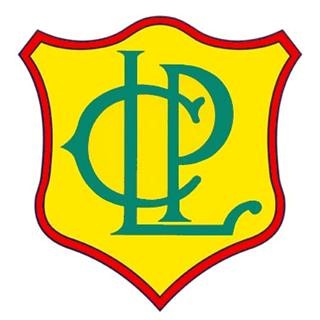Social, Moral, Spiritual and Cultural

“Children must be taught how to think, not what to think” – Margaret Mead
At Lea Community Primary School, SMSC lies at the heart of everything we do. As a school, we believe in building a community of confident, responsible, caring, compassionate, respectful and highly motivated children who strive to achieve far beyond their education. We value the importance of children developing personally into strong, active and tolerant members of society who are able to take their place in the wider world and go on to great and exciting things.
Our school curriculum and provision is planned to support this, and enriched with a wealth of opportunities for pupils to learn and play together, to take part in a wide variety of cultural and extra curricular activities, and to mix with people of other ages, cultures and faiths in order to develop understanding and interest in the wider world and community. Lea Community Primary offers all children a wealth of opportunities to engage with, and learn about events and key days that enrich their SMSC development from reception all the way through to Year Six.
SMSC stands for spiritual, moral, social and cultural and is described in the table below.
SPIRITUALThe spiritual development of pupils is shown by their:
|
MORALThe moral development of pupils is shown by their:
|
SOCIALThe social development of pupils is shown by their:
|
CULTURALThe cultural development of pupils is shown by their:
|
In order for our children to develop their SMSC understanding, at Lea Community Primary, we are constantly rewarding and highlighting the key skills and values needed to develop into a well-rounded British citizen. We therefore promote ten positive values which are at the heart of personal development at Lea Community Primary. These values are used in a variety of contexts, including assemblies and within lessons. Regular assemblies are held to focus on one value at a time when we celebrate children who have demonstrated this positive value. As a reward, and using a democratic vote approach to decide the winner, a child from each class is then given a 'value bear' to look after until the next value winner is announced.
Our values
Responsibility
Tolerance
Determination
Courage
Empathy
Pride
Honesty
Respect
Resilience
Kindness
Value of the Month
Responsibility
